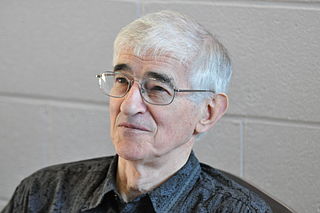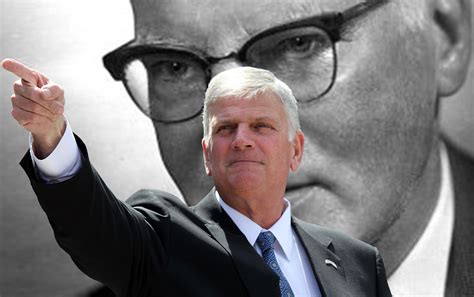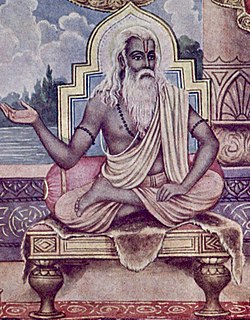A Quote by Octavia E. Butler
While Fledging is a different type of book, The Parable series serve as cautionary tales. I wrote the Parable books because of the direction of the country. You can call it save the world fiction, but it clearly doesn't save anything.
Related Quotes
What I notice, as a historian reading stories about so-called nature miracles, the walking on the water, or the miraculous catch of fishes, they're done especially for the insiders, for the disciples. Usually healings and exorcisms are done for people along the road, as it were. Jesus doesn't come on the water to save the fishing fleet from Capernaum, he comes on the water to save the disciples. It's a parable, dummy, it's a parable, don't you get it? If the leadership of the church takes off in a boat without Jesus, it will sink, it will get nowhere.
Jesus told parables. When he wanted to say something really profound about God, he went into parable. I don't find it surprising then that when earliest Christianity wanted to say something profound about Jesus, they went into parable too. That doesn't mean everything is a parable. When it says Jesus was in Nazareth I don't think that's a parable, I think Jesus was in Nazareth. When it talks about Jesus walking on the water, I don't think that's the point at all, I think the point is that the church without Jesus sinks.
You can think of my films as cautionary tales, but you might even think of them as despairing tales, because at least in a cautionary tale, you have this idea that by listening to the story you can assure a better outcome. Whereas I'm not at all convinced that's the case. In fact, if anything, I'm convinced that it's the opposite.
The world does not have a voice of its own. It can't tell you what it wants, what it needs. But it's yearning for something to point it in the right direction. A savior, perhaps. Save us, Chris! You must forgive me. Where have my manners gone. I don't think I've had a chance to formerly introduce myself. You may call me Bray Wyatt. But I have a thousand faces and a million names. Seducer, accuser, destroyer. I am the color red in a world full of black and white, and if you value your ability to breathe, don't get too close. Save us, Chris. Save yourself.
Christ said "Thou shalt love thy neighbor as thyself" and when asked "who is thy neighbour? went on to the parable of the Good Samaritan. If you wish to understand this parable as it was understood by his hearers, you should substitute "Germans and Japanese" for Samaritan. I fear my modern day Christians would resent such a substitution, because it would compel them to realize how far they have departed from the teachings of the founder of their religion.
It's the difference between a parable and a pamphlet. A parable discusses things that are relevant in the past, the future, and the present - regardless of the outcome in the present. A pamphlet, on the other hand, is completely concerned with affecting an outcome in the present, the most immediate present.
It is up to us to take care of this planet, it is our only home. To betray nature is to betray us. To save nature is to save us. Because whatever you're fighting for, racism or poverty. Feminism, gay rights or any type of equality. It won't matter in the least. Because if we don't all work together to save the environment, we will be equally extinct.
How do you remember everything from different books when you are still writing the HP series? As obsessive fans will tell you, I do slip up! Several classrooms move floors mysteriously between books and these are the least serious continuity errors! Most of the fansites will point you in the direction of my mistakes. But the essentials remain consistent from book to book because the story has been plotted for a long time and it is clear in my mind.





































